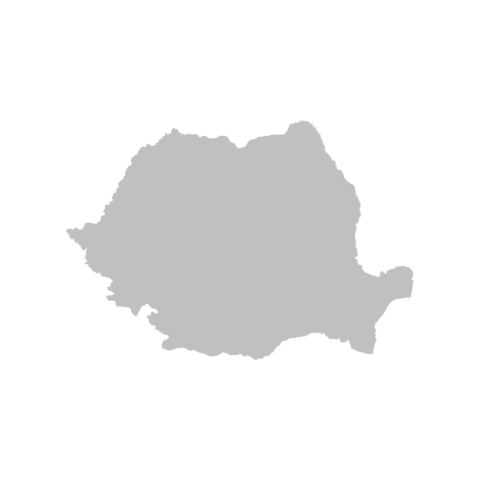National Information

Select country
Toggle
-
Albania
-
Austria
-
Belgium - Flemish Community
-
Belgium - French Community
-
Belgium - German-Speaking Community
-
Bosnia and Herzegovina
-
Bulgaria
-
Croatia
-
Cyprus
-
Czechia
-
Denmark
-
Estonia
-
Finland
-
France
-
Germany
-
Greece
-
Hungary
-
Iceland
-
Ireland
-
Italy
-
Latvia
-
Liechtenstein
-
Lithuania
-
Luxembourg
-
Malta
-
Montenegro
-
Netherlands
-
Norway
-
Poland
-
Portugal
-
Republic of North Macedonia
-
Romania
-
Serbia
-
Slovakia
-
Slovenia
-
Spain
-
Sweden
-
Switzerland
-
Türkiye
OVERVIEW
-
In Romania all students pay fees.
-
There are no short cycle programmes offered.
-
Fee differentiation based on filed of study and type of programme is applied in second cycle.
-
Waivers or reduction to fees are available based on socio-economic status.
-
Direct financial support is available in the form of grants. Some exceptions apply.
-
Indirect financial support is not provided.
Minimum, maximum, and most common annual fee amounts (in EUR)
FEES
- Students on state subsidised places do not pay tuition fees.
- Children of active or retired staff in the education system, students from disadvantaged groups, children with one or both parents deceased or children of single parents are exempted from paying the following types of fees: tuition fees, study completion fees and registration fees for admission competitions in higher education.
- Higher education institutions (HEIs) have autonomy for setting the fee amounts and an obligation to communicate the fee amounts to all those concerned. In public higher education institutions, any fees publicly announced are kept throughout the normal length of a study cycle, and they can only be indexed by the inflation rate at most for a class of students.
- HEIs may charge registration fees. A University Senate may provide, in its own admission procedure, for a waiver or a reduction of such fees for some categories of candidates.
Students with extended length of study and international students pay higher fees. - International students pay differentiated fees depending on their programme of study.
- Students on non-state subsidised places pay a tuition fee. The amounts reported for students on non-state subsidised places refer to home students.
- The amounts reported refer only to tuition fees. For ‘maximum – insufficient credits/extended length of studies’, additional fees apply. For ‘students studying in foreign language programmes’, only home students on state subsidised places are considered (they do not pay tuition fees).
Annual grant amounts (in EUR)
DIRECT FINANCIAL SUPPORT - GRANTS
- Public higher education institutions may award grants based on criteria as follows:
-grants for academic achievement to encourage and reward high performance (the Olympic I / international excellence scholarship, the high-performance scholarship, the study scholarships, the scholarship for a teaching master degree, the scholarship for dual education)
-need-based grants and other forms of support offered in relation to socioeconomic conditions for students suffering from particular diseases, for students with disabilities, for students at risk, etc.
-Public higher education institutions may award Olympic I / international excellence scholarships, high-performance scholarships, study scholarships, scholarships for a teaching master degree, dual education scholarships, need-based grants, special grants, and sports scholarships.
-The role of need-based scholarships is to ensure minimum subsistence conditions, to facilitate the of access and keep within the public higher education system those students from a socioeconomically disadvantaged background, from disadvantaged families and from foster care, so that they may attend the academic programmes in which they are enrolled.
Need-based grants may add to academic (merit-based) grants.
Information on how public grants for students may be accessed and awarded is made public on the webpage of each higher education institution and is displayed at its office, at the beginning of an academic year, and it is also included in the Student’s Guide.
Universal grants are not available. -
Grants can be received until the student reaches the age limit of 26 years.
Annual loan amounts (in EUR)
DIRECT FINANCIAL SUPPORT - LOANS
- Publicly-subsidised loans are not available.
| Subtopic | Filters | 2022/2023 | 2023/2024 |
|---|
